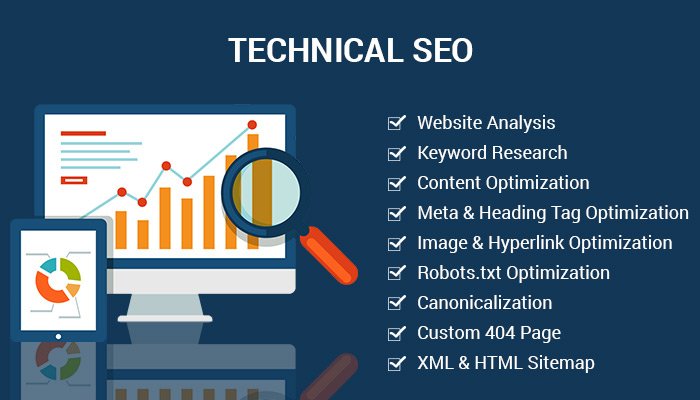In the world of digital marketing, understanding the intricacies of SEO can significantly impact your online visibility. One area that often leads to confusion is the use of canonical tags. This article will guide you through common canonical tag mistakes and offer solutions to optimize your website effectively.

What are Canonical Tags?
Before diving into the mistakes, let’s clarify what canonical tags are. A canonical tag is an HTML element that helps webmasters prevent duplicate content issues by specifying the ‘preferred’ version of a web page. This ensures that search engines know which version of a page to index and rank.
Importance of Canonical Tags in SEO
Canonical tags are vital in SEO as they consolidate link metrics and avoid content duplication. They help maintain your site’s integrity and ensure that your SEO efforts are not diluted across similar pages. For more on SEO best practices, you might find this SEO guide helpful.
Common Canonical Tag Mistakes
1. Missing Canonical Tags
One of the most frequent errors is simply omitting canonical tags. Without them, search engines might index multiple versions of the same content, leading to duplicate content issues.
2. Pointing Canonical Tags to the Wrong URL
It’s crucial that canonical tags point to the correct URL. If they are misdirected, it can lead to indexing the wrong page, negatively affecting your site’s SEO performance.
3. Using Canonical Tags on Paginated Pages
Applying canonical tags inappropriately on paginated series can confuse search engines. It’s often better to use rel=’prev/next’ tags to signal pagination.
4. Inconsistent Canonical Tags
Consistency is key. Ensure that your canonical tags are consistently applied across all pages to avoid confusing search engines about the primary version of your content.
5. Non-Canonical URLs Indexed
Sometimes non-canonical URLs are indexed due to incorrect canonical implementation, which can split link equity and harm your SEO strategy.
How to Audit Canonical Tags
Conducting a regular audit of your canonical tags can help identify and correct errors. This process includes checking for missing tags, verifying that they point to the correct URLs, and ensuring consistent application across your site. For a comprehensive audit approach, check this SEO audit guide.
Tools to Help with Canonical Tags
Several tools can assist in managing canonical tags effectively. Tools like Screaming Frog and Google Search Console can help identify issues with canonical tags and offer insights into how search engines view your site.
Best Practices for Using Canonical Tags
1. Always Specify a Canonical URL
Even if the page is self-referential, specifying a canonical URL helps prevent potential issues with duplicate content.
2. Use Self-Referential Canonical Tags
Ensure that each page points to itself as the canonical version to avoid ambiguity.
3. Avoid Using Canonical Tags for Different Content
Canonical tags should not be used to point to pages with different content as it can confuse search engines.
4. Regularly Review Your Canonical Tags
Regular reviews can prevent errors from creeping into your site architecture. For more on maintaining a healthy site architecture, explore this crawl budget optimization guide.
Conclusion
Avoiding common canonical tag mistakes is crucial for maintaining the effectiveness of your SEO strategy. By understanding these errors and implementing best practices, you can enhance your site’s performance and visibility in search engine results.

FAQ
1. What happens if I don’t use canonical tags?
Without canonical tags, search engines might index multiple versions of the same content, leading to duplicate content issues and negatively impacting your SEO.
2. Can canonical tags point to a different website?
Yes, but it should be done cautiously as it passes link equity to the specified URL, potentially impacting your site’s SEO.
3. How often should I audit my canonical tags?
Regular audits are recommended, especially after significant site changes. Consider auditing at least once every quarter.
For further reading on technical SEO, you can explore this comprehensive SEO resource.







